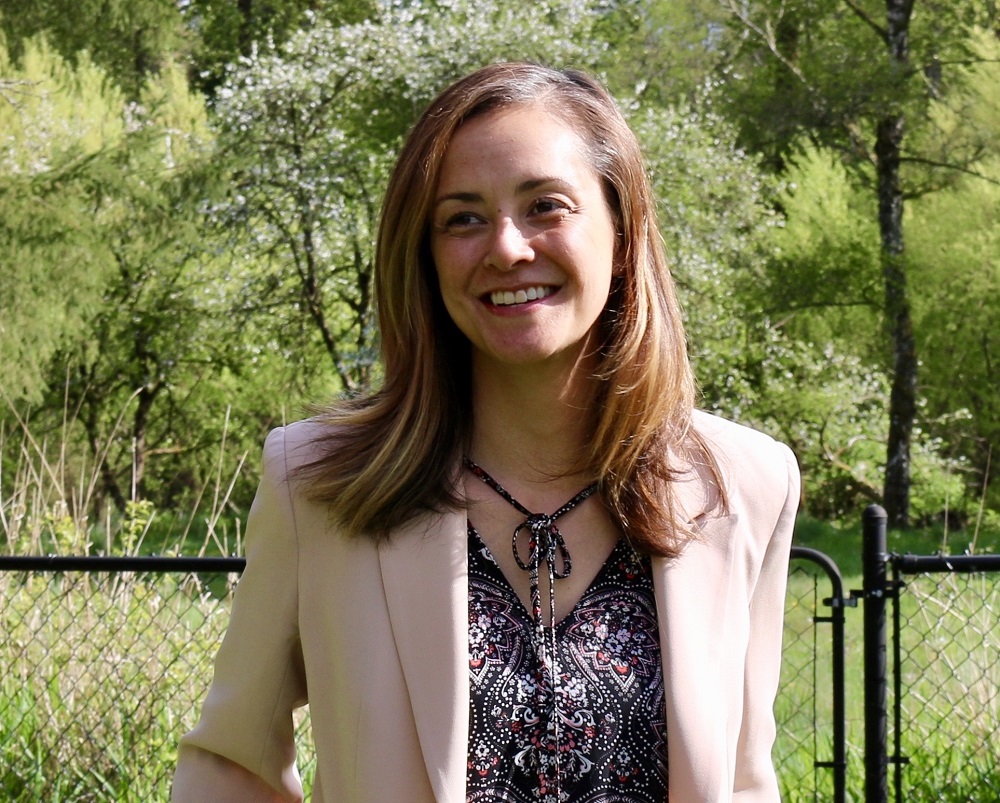
WEF has hired Maile Lono-Batura, former executive director of Northwest Biosolids, as its inaugural Director of Sustainable Biosolids Programs.
Water resource recovery professionals have long understood that when processed correctly, fertilizers made by repurposing wastewater biosolids can often represent a safer, cheaper, and more sustainable soil amendment compared to manure or chemical-based fertilizers. However, while biosolids reuse in the U.S. has become more common in recent decades, its adoption has been sluggish because of inconsistent regulatory guidelines, gaps in research, and the social stigma of recycling human waste.
The Water Environment Federation (WEF) is taking several new steps to help overcome these obstacles. In February, WEF released a new communications toolkit to help utilities and biosolids managers build support for biosolids recycling using simple, science-backed messaging. The organization also established a new staff position, hiring former Northwest Biosolids (Gig Harbor, Washington) Executive Director Maile Lono-Batura as its first Director of Sustainable Biosolids Programs.
“Biosolids are a central product of the wastewater treatment process, a vital part of resource recovery and circular economy, and beneficial for communities in many ways,” said WEF President Lynn Broaddus. “WEF is increasing our investment in biosolids programs and is thrilled to add Maile’s expertise and experience to our team.”
With more than 20 years of experience leading a multi-state biosolids association, Lono-Batura is uniquely suited for her new role, which will involve unifying biosolids recycling practices and regulations that vary by region and state. In a February 16 Words on Water podcast interview, Lono-Batura described her goal to create a “collective platform” for biosolids research, advocacy, and knowledge-sharing at the national level. Much of her work will center on sharing resources between biosolids-management groups to reduce redundancies and amplify messaging, she said.
“For those of us in the field of biosolids, we know how important it is to have a unified voice around biosolids so that we’re all singing from the same sheet,” Lono-Batura said. “It’s going to be a challenge, for sure. But it is such a worthy challenge to me.”
WEF’s new Biosolids Communications Toolkit, accessible at bit.ly/WEF-biosolids, will help jumpstart Lono-Batura’s work by providing customizable bill inserts, fact sheets, social media infographics, and other materials that convey key messages about biosolids in simple, accessible terms. Each resource available in the free toolkit works from cited, peer-reviewed sources and aim to reach different stakeholder groups, including those both inside and outside the wastewater sector. For example, some resources cover strategies for managing media coverage of biosolids programs, while others tout the benefits of biosolids-based fertilizers for farmers.
“We ‘geek out,’ and that’s not a bad thing within our circle,” Lono-Batura said. “But we lose people pretty quickly if we cannot relay the importance of what the research has found, whether it be favorable or unfavorable.”
Although much of WEF’s existing activity in sustainable biosolids has been technical in nature, Lono-Batura’s new role indicates a growing focus on the social and logistical aspects of the biosolids challenge. Lono-Batura will not only work alongside biosolids professionals among WEF’s membership, but also with regulators, environmentalists, the media, and others.
“There are a whole team of people not just within WEF but within and beyond the biosolids community that we can be aligning with — that part is what really excites me,” Lono-Batura said. “That we can speak beyond our sector and connect with people beyond the people we normally connect with to see what common ground we have and how we can join forces on soil building, climate change, and producer responsibility.”
WEF’s new Director of Sustainable Biosolids position and communications toolkit promise to advance national coordination on biosolids recycling, but they are only the latest actions.
In November 2019, for example, WEF invited leading biosolids experts from across North America to its headquarters for a strategic conversation that identified ways to improve biosolids programs and better promote their adoption. Among other recommendations, meeting attendees described needs for better risk assessment methods for contaminants of emerging concern, new training and certification programs, and more robust communication between producers, farmers, and researchers.
Experts also called for an update to federal government guidance on biosolids use, as most U.S. states currently implement their own biosolids regulations. The U.S. Environmental Protection Agency (EPA) Part 503 Rule, established in 1993, remains the only federal regulation governing land application of biosolids. Despite advancements in treatment technology that result in cleaner, safer, and more viable biosolids, the Part 503 Rule has never undergone a substantial update. Read more about the meeting’s outcomes at http://bit.ly/WEF-biosolids-report.
WEF also published five new technical resources in 2020 that deal exclusively with biosolids management. Covered topics include the financial costs of managing per- and polyfluoroalkyl substances (PFAS), measuring and managing greenhouse-gas emissions during the synthesis process, bioenergy focused public-private partnerships, and more. Access these technical resources at https://www.wef.org/biosolids.
From May 11 to 13, 2021, WEF will host its annual Residuals and Biosolids conference in a virtual format. Register for the event any time before it takes place for access to the latest research in biosolids management, perspectives from biosolids-sector changemakers, and one-of-a-kind networking opportunities. More details and registration information are available at https://www.wef.org/ResidualsBiosolids/.
Justin Jacques is the WE&T Departments Editor. He can be reached at [email protected].
Originally appeared in the April 2021 issue of Water Environment & Technology magazine. Reprinted with permission from the Water Environment Federation. All rights reserved.